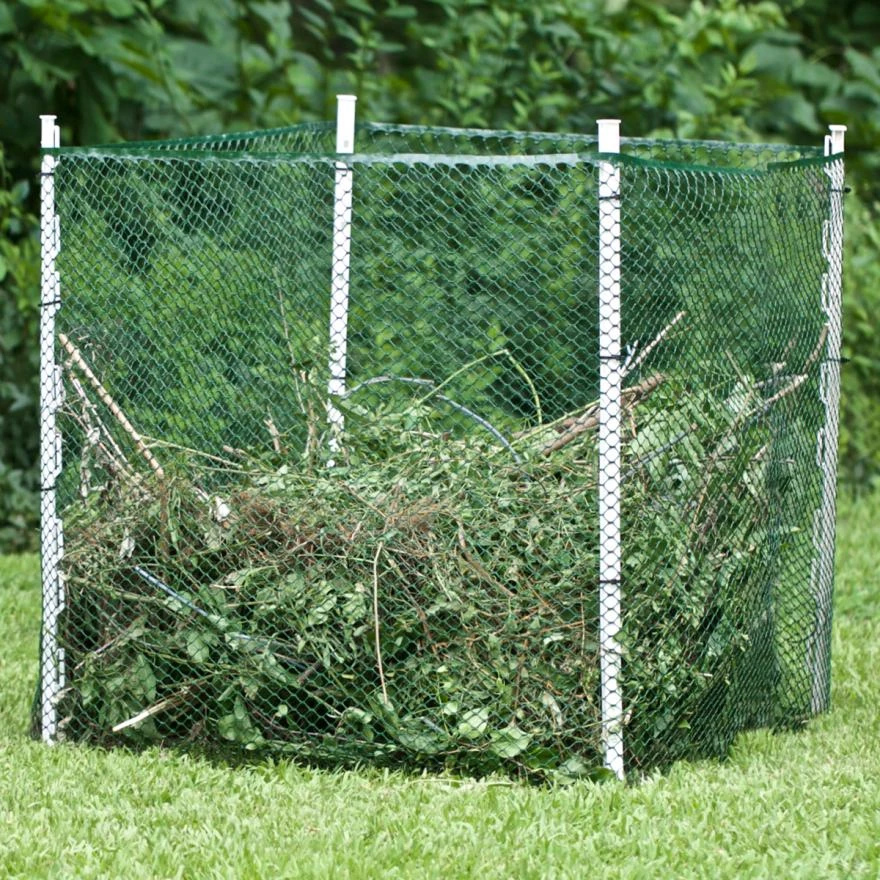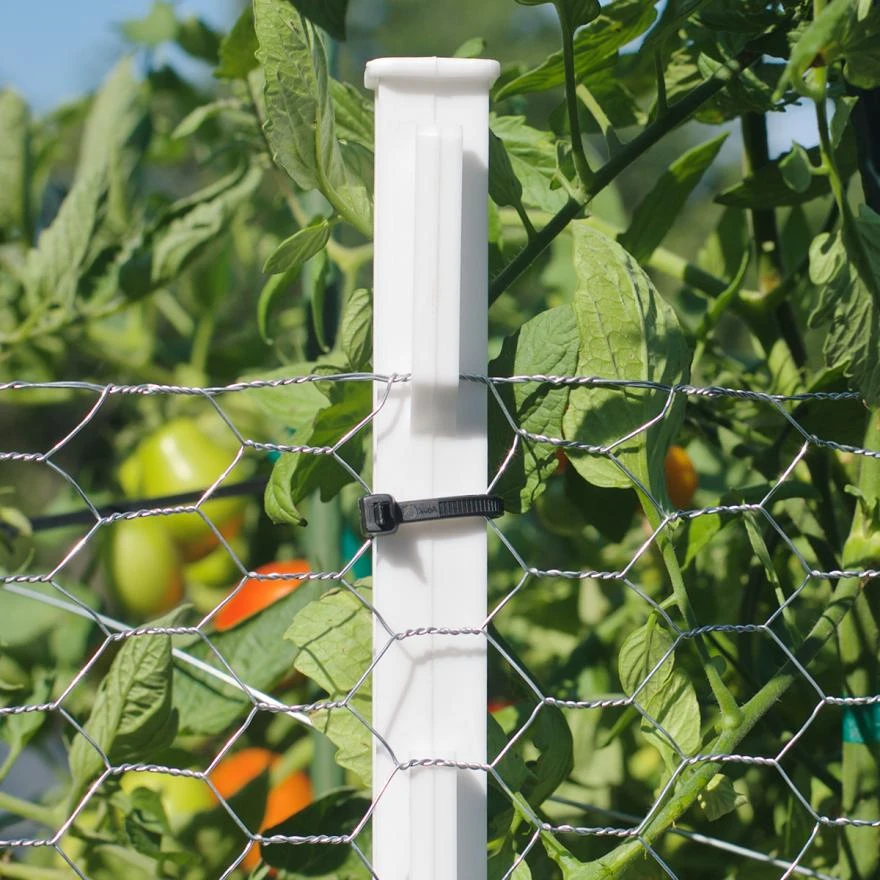1 roofing nails
Dic . 26, 2024 02:59
Understanding the Importance and Types of Roofing Nails
When it comes to roofing, one cannot underestimate the significance of proper fastening materials. Among these, roofing nails stand out as essential components in roofing applications. These specialized fasteners are designed to hold shingles, tiles, and other roofing materials securely in place, ensuring the structural integrity and longevity of a roof. In this article, we will explore the different types of roofing nails, their applications, and why choosing the right one is crucial for your roofing project.
What Are Roofing Nails?
Roofing nails are specific types of nails designed explicitly for securing roofing materials. They typically feature a sharp point for easy penetration, a smooth shank to reduce friction, and a wide flat head that prevents the nail from being pulled through the roofing material. The length of roofing nails can vary, but they generally range from 1 inch to 2.5 inches, depending on the thickness of the material being fastened.
Types of Roofing Nails
1. Steel Roofing Nails These are the most common type of roofing nails. Made from galvanized steel, they resist rust and corrosion, making them suitable for a variety of weather conditions. Steel nails are a popular choice for asphalt shingles and are known for their strength.
2. Aluminum Roofing Nails Lighter than steel nails, aluminum roofing nails are also resistant to rust. They are often used in situations where moisture is a concern, as they won’t corrode over time. However, aluminum nails are not as strong as their steel counterparts and may not be the best choice for heavier roofing materials.
3. Plastic Cap Nails These nails come equipped with a plastic cap that helps distribute pressure over a larger area. They are often used with synthetic roofing underlayment and can help ensure that the underlayment stays in place, providing an extra layer of protection against water leakage.
4. Copper Roofing Nails Copper nails are primarily used for aesthetic purposes, especially in architectural applications where appearance matters. They are highly resistant to rust and maintain their appearance over time, making them suitable for high-end roofing projects.
5. Corrosion-Resistant Nails For roofing materials like cedar shakes, corrosion-resistant nails made from stainless steel are recommended. Cedar is prone to degradation when in contact with ferrous metals, so using stainless steel helps prevent this issue.
1 roofing nails

The Importance of Choosing the Right Roofing Nails
Selecting the proper type of roofing nails is crucial for several reasons. The right nails can ensure that your roof is secure, which affects both its durability and its ability to withstand harsh weather conditions. Using nails that are too short or unsuitable for the specific roofing material can lead to issues such as shingles blowing off during wind storms or moisture penetrating the roof.
Moreover, local building codes may dictate specific requirements for roofing materials, including the type of nails used. It's essential to familiarize yourself with these regulations to ensure compliance and to prevent costly rework down the line.
Installation Tips
When installing roofing nails, it is critical to follow best practices to achieve a secure fit
- Spacing Ensure that you are spacing your nails according to the manufacturer's recommendations, typically placing four to six nails per shingle, depending on the wind zone. - Depth Drive the nails flush with the surface of the shingles without puncturing or tearing them. Over-driving or under-driving the nails can lead to leaks.
- Pattern Nail in a straight and consistent pattern to promote uniformity, which is not just aesthetic but also functional.
Conclusion
In conclusion, roofing nails may seem like a small component of a much larger system, but they play a pivotal role in the integrity of any roofing project. By understanding the types available and following appropriate installation practices, you can ensure that your roofing system is resilient and capable of withstanding the elements for years to come. Whether you are a homeowner planning to undertake a roofing project or a professional contractor, never underestimate the power of the right roofing nails in achieving a durable and attractive roof.




















